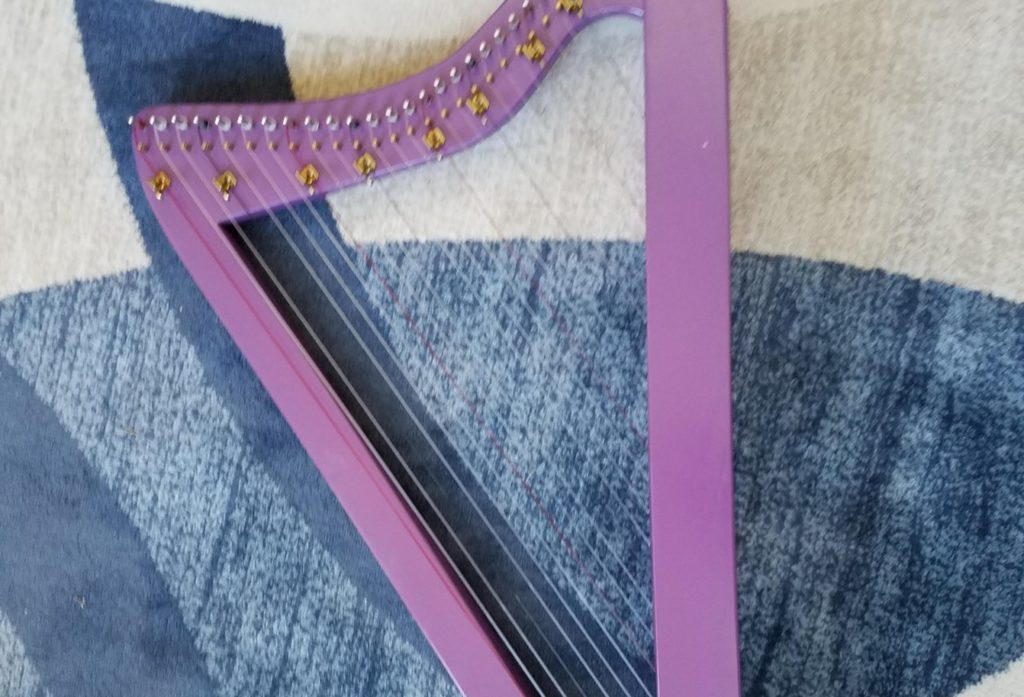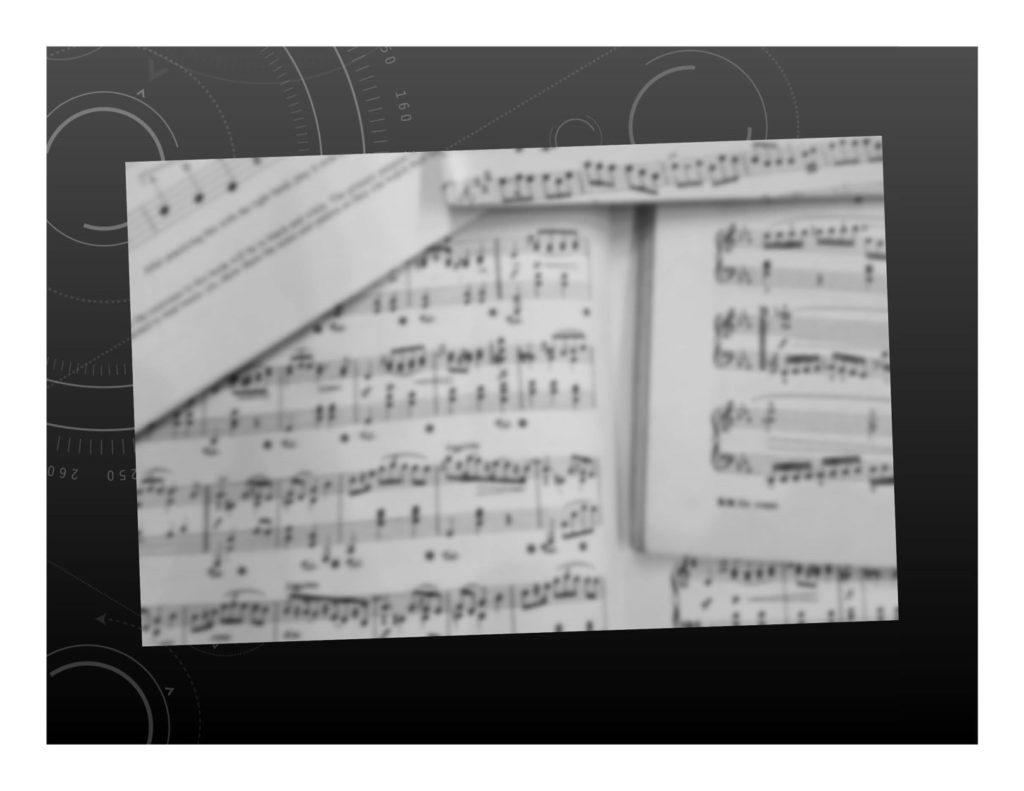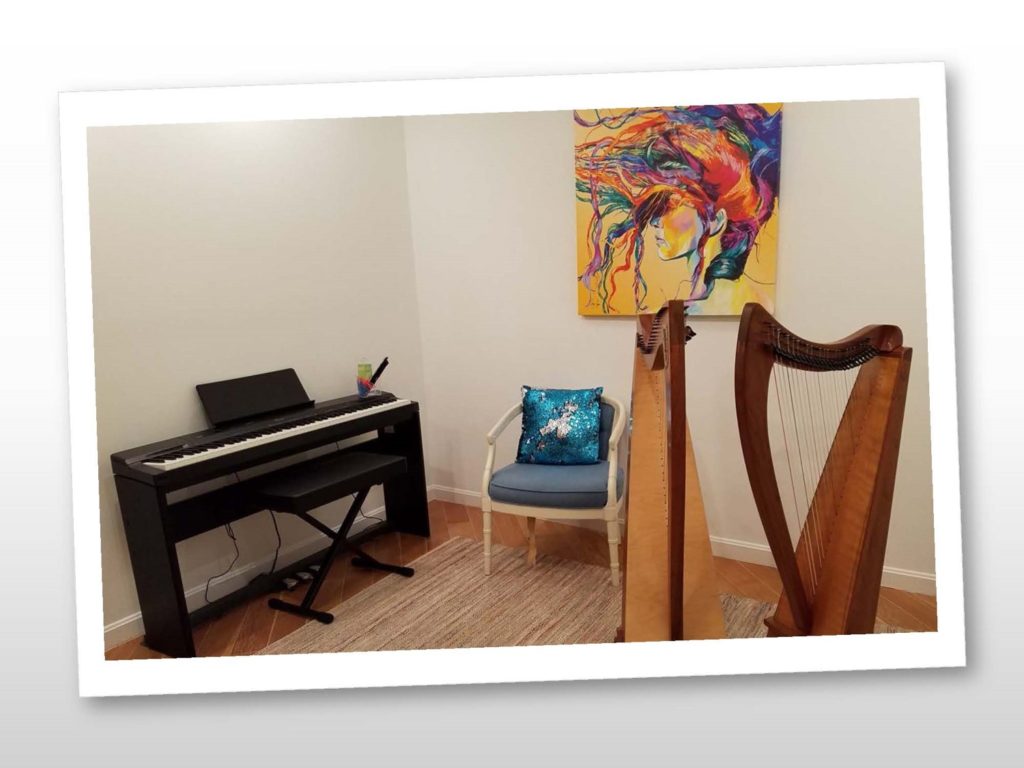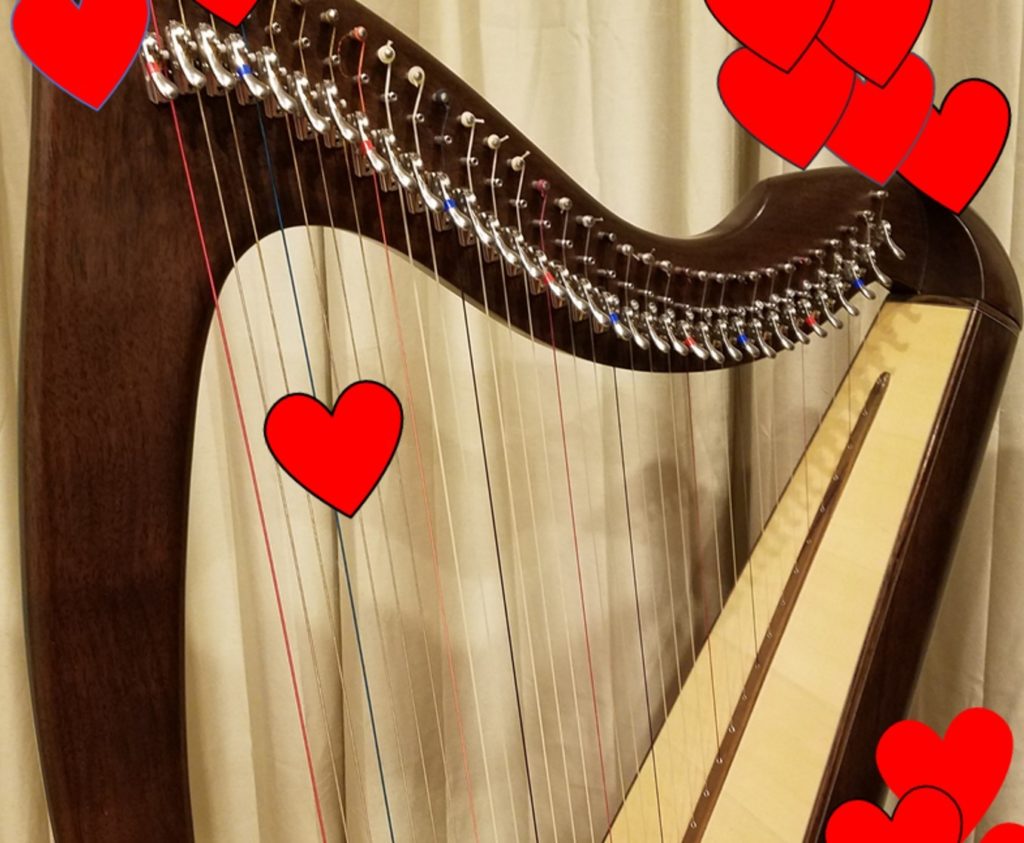We all know playing an instrument is “good” for you – impacting brain function, helping you learn more and differently, reducing stress, helping you meet new people, and of course, just having fun. Bud do you ever stop to think about why you play?
The good news – there are no wrong answers to the question.
The better news – there isn’t just one answer (or at least, there doesn’t have to be).
The best news – there is a test and you ace it every time you sit on the bench!
It is likely that we all play for different reasons – our own reasons. It is also likely that our reasons are similar. Perhaps most importantly, all our reasons are good.
 But do you ever think about what your reasons are? I mean really think about it. Not the tossed off answer you give to people who gawp when you tell them, “I play the harp.”. Not the easy (and likely irrelevant) answer. I mean the answer from deep inside you. The answer that pushes you to work, to learn, to practice. That (or those) answer(s) hold the key!
But do you ever think about what your reasons are? I mean really think about it. Not the tossed off answer you give to people who gawp when you tell them, “I play the harp.”. Not the easy (and likely irrelevant) answer. I mean the answer from deep inside you. The answer that pushes you to work, to learn, to practice. That (or those) answer(s) hold the key!
Your answers don’t need to come out of your mouth (unless you are an irrepressible extrovert!). Rather, they can be the mind fodder of quiet walks or long drives (like the kind you might make going to the 40th Annual Ohio Scottish Arts School this summer (more on that later)). These answers are worth pursuing because they hold the questions we should ask ourselves each time we practice. Here are a few to consider:
I play for my own enjoyment. This sometimes means “I don’t want to perform”. This answer appears to lead to the easiest practice – if you aren’t working to perform for others, you don’t need to work too hard. But in actuality, this might be the hardest to practice for! If you are the only listener (absent the cat and the curtains), you may discount any progress you show. You may set the bar too high (or too low). Or you might stagnate – playing the same music repeatedly but without feedback you might not be driven to continue to develop, explore and experiment. You must just be sure your practice actually meets the answer – that you are actually enjoying the time at the harp. Don’t stagnate but explore new things to find those that you enjoy most and develop those.
I’m a performer at heart! This might be the easiest answer. People are naturally curious about our instrument and are often in awe of musicians. They may wish to be close so that they get to participate in the experience. You know you can focus on preparing a performance package but be sure to include some “me” time in your practice. Your performance will be improved by including this time. This might include a return to fundamentals for a focused meditative time, revisiting old material and brining a new perspective to it, or dedicating one practice a week to having fun rather than perfecting and polishing.
I like being unique/playing a rare(ish) instrument. This may be the most seductive answer because it doesn’t seem to require much practice at all. To remain unique, you need only say you play and others will still be in awe. You might not defer from playing but you are also not committing to being a performer, so the bar isn’t set too high. But you might be tempted to slack off or cheat yourself out of valuable practice time and the opportunity to do more than scratch the surface and thereby miss so many occasions to surprise and delight yourself! Commit to a more active role in your musicianship – play well enough to let your uniqueness come blazing through your fingers.
I play to put some good in the world. One could argue that doing good requires that you be good – at playing! Whether you do good in the world as a volunteer or as a professional, one off or every day, your practice needs to assure you are strong enough to get through the session and to move about the world with your harp. Include strengthening exercises for your whole body as well as exercises for the “playing parts” (after all – all of you is in this together!).
I play because I must! The harp evokes your soul and emotions in a way no other instrument can, and you are compelled to play it. In addition, the harp is so forgiving to beginners that sitting and evoking is easy. But be sure to practice and master many techniques to assure that you can successfully – and consistently – evoke any emotion you choose, when you choose so that you can meet your need.
There are obviously many answers – these are but a few. No matter your answer, be sure you back it up with a solid practice that permits you to give your best answer! You are going to ace the next test! What’s your answer? Leave me a comment and let me know.



